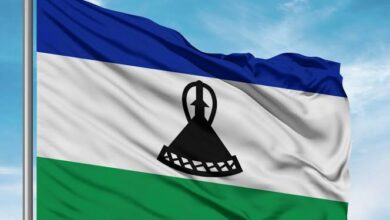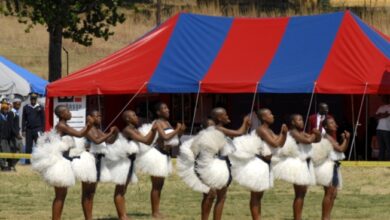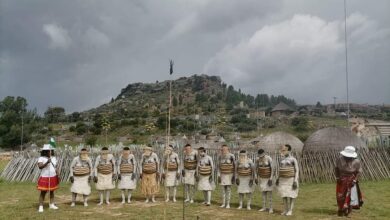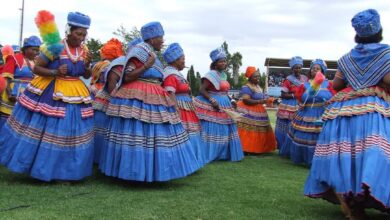20 Things You Should Know About Moshoeshoe Day
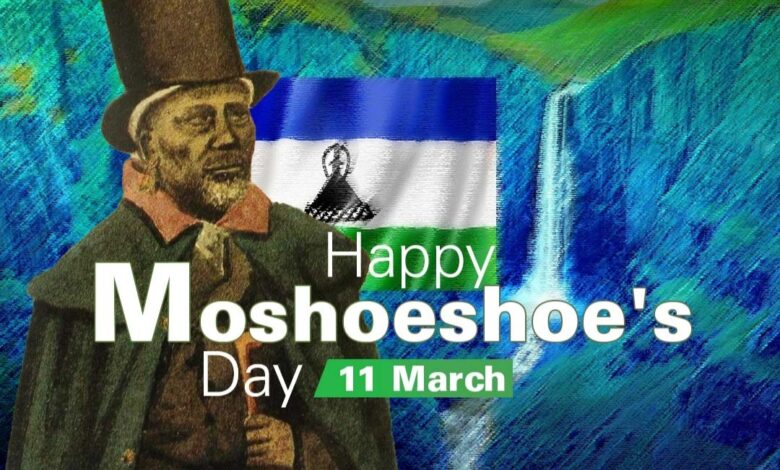
Moshoeshoe Day is a national public holiday in Lesotho, commemorating the legacy of King Moshoeshoe I, the founder of the Basotho nation. Celebrated annually on March 11, this day is a significant cultural event for the Basotho people. Here are 20 essential facts about Moshoeshoe Day:
- Historical Significance: Moshoeshoe Day honors King Moshoeshoe I, who unified various tribes in the region and established Lesotho as a cohesive nation in the early 19th century.
- Founding Father: King Moshoeshoe I is revered as the founding father of Lesotho, recognized for his wisdom, leadership, and strategic skills in diplomacy and warfare.
- Date of Celebration: The day is celebrated every year on March 11, the anniversary of King Moshoeshoe I’s death in 1870.
- National Holiday: Moshoeshoe Day is a public holiday in Lesotho, allowing citizens to engage in celebrations, reflections, and cultural activities throughout the country.
- Cultural Events: The day features various cultural events, including traditional music, dance performances, and storytelling that celebrate Basotho heritage.
- Commemorative Activities: Various commemorative activities take place, such as wreath-laying ceremonies at monuments dedicated to King Moshoeshoe I and other historical figures.
- National Celebrations: Major celebrations are held in the capital city, Maseru, with speeches from government officials, cultural performances, and parades.
- Educational Significance: Moshoeshoe Day serves as an opportunity for educational programs, raising awareness about the history and contributions of King Moshoeshoe I.
- Unity and Identity: The day emphasizes national unity and the identity of the Basotho people, reminding citizens of their shared heritage and history.
- Symbol of Resilience: King Moshoeshoe I is viewed as a symbol of resilience and determination, having successfully defended his people against colonial forces.
- Traditional Dress: Many Basotho wear traditional attire, such as the ‘Basotho blanket,’ during the celebrations, showcasing their cultural pride.
- Religious Observances: Some communities hold religious services or prayers on Moshoeshoe Day to honor the king and seek blessings for the nation.
- Youth Involvement: The celebrations often involve the youth, encouraging them to participate in cultural activities and learn about their history.
- Arts and Crafts: Local artisans display traditional crafts and artworks during the celebrations, promoting Basotho craftsmanship and supporting local economies.
- Culinary Traditions: Special traditional dishes are prepared and shared during the festivities, allowing families to bond over food and culture.
- Political Significance: The day often features speeches from political leaders who reflect on the importance of unity, peace, and progress for the nation.
- Media Coverage: Moshoeshoe Day is widely covered by local media, showcasing the events and celebrations taking place across the country.
- Tourist Attraction: The holiday attracts both local and international tourists interested in experiencing Basotho culture and traditions firsthand.
- Community Celebrations: In addition to national events, local communities organize their own celebrations, fostering a sense of belonging and pride in their heritage.
- Legacy of King Moshoeshoe I: The celebrations serve as a reminder of the enduring legacy of King Moshoeshoe I, inspiring future generations to embrace their cultural identity and heritage.
Moshoeshoe Day is a significant occasion that celebrates the rich history and cultural identity of the Basotho people. Through various events and activities, the day fosters national pride, unity, and a deep appreciation for the legacy of King Moshoeshoe I. Whether through cultural performances, educational programs, or community gatherings, Moshoeshoe Day is a powerful reminder of the strength and resilience of the Basotho nation.
Join 'Lesotho News' WhatsApp Channel
Get breaking Lesotho news — delivered directly to your WhatsApp.
CLICK HERE TO JOIN
